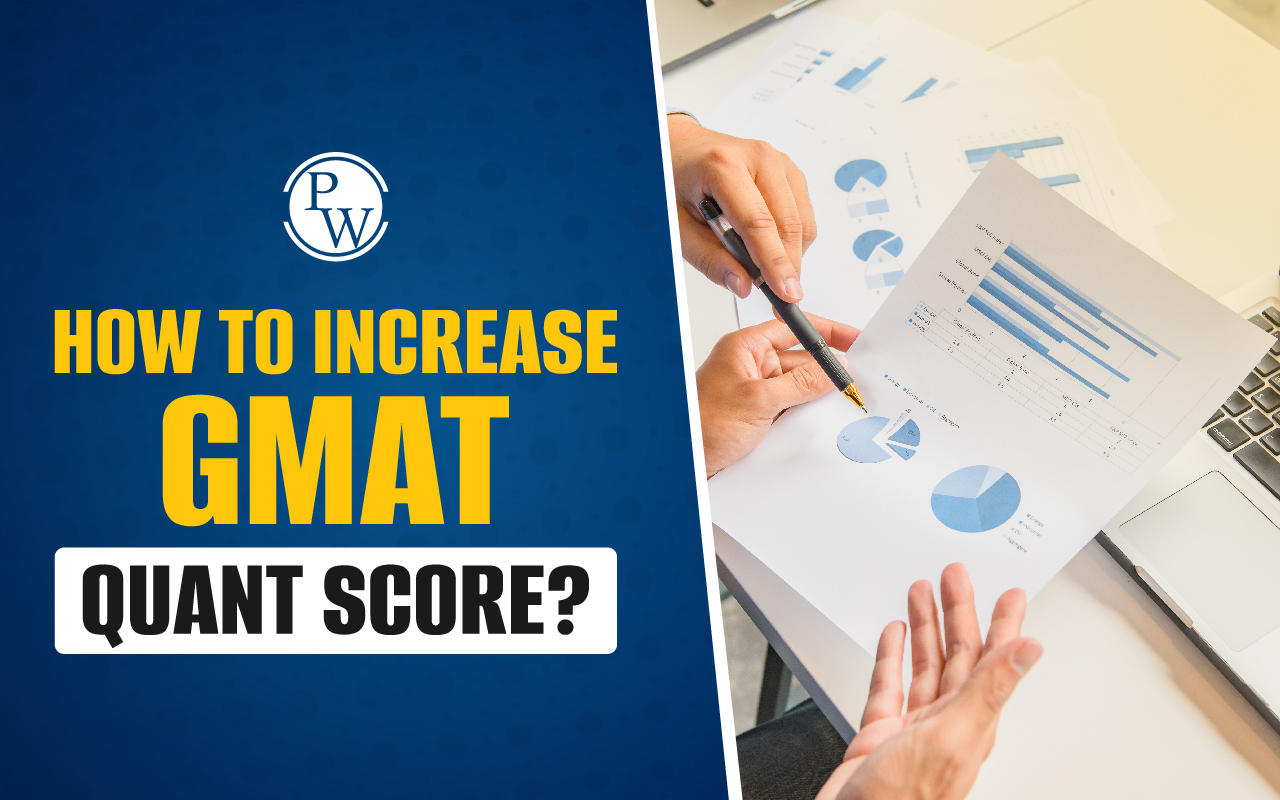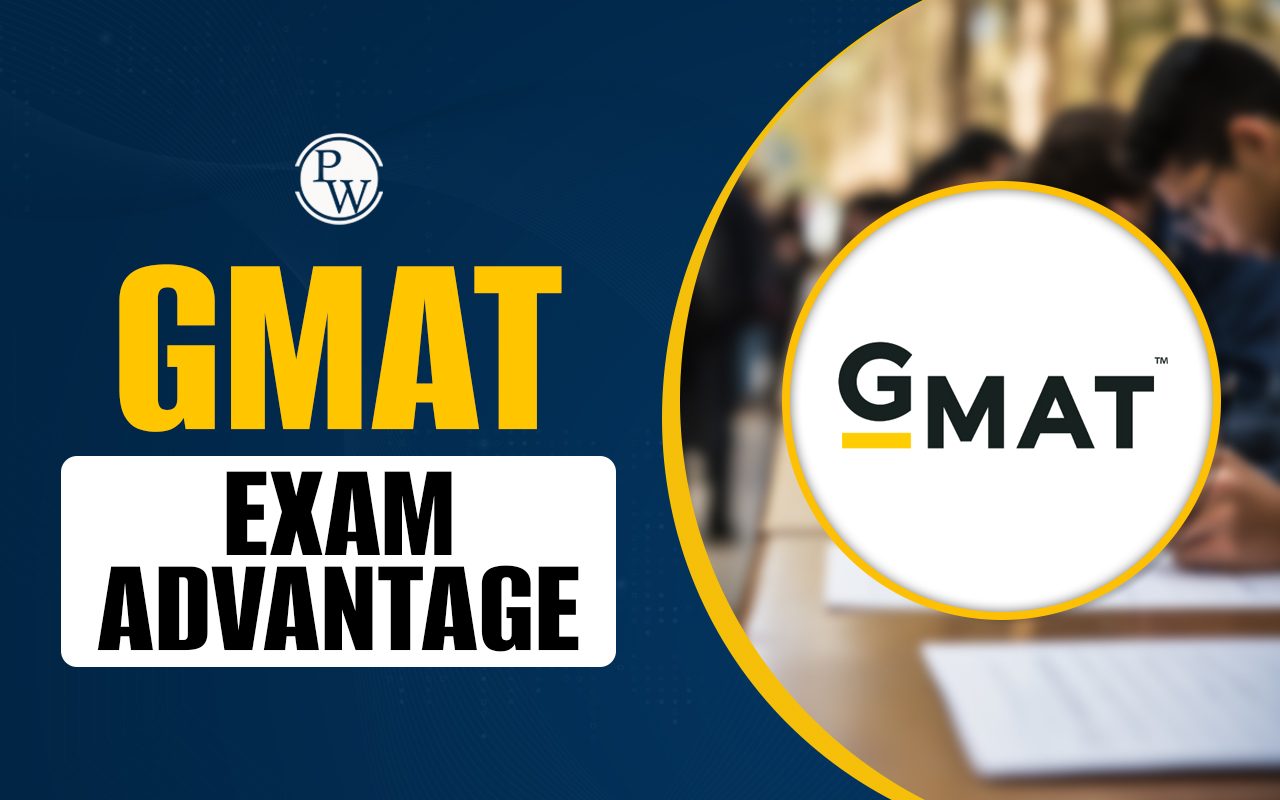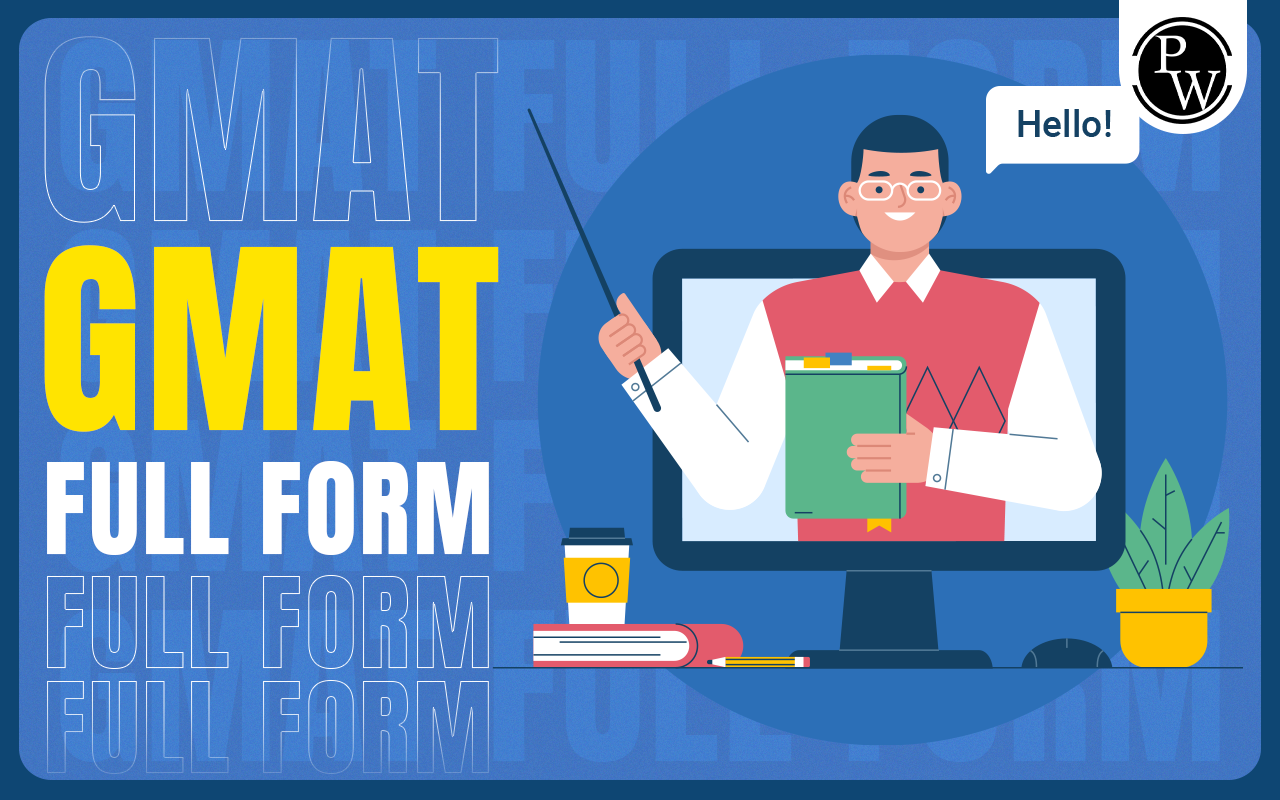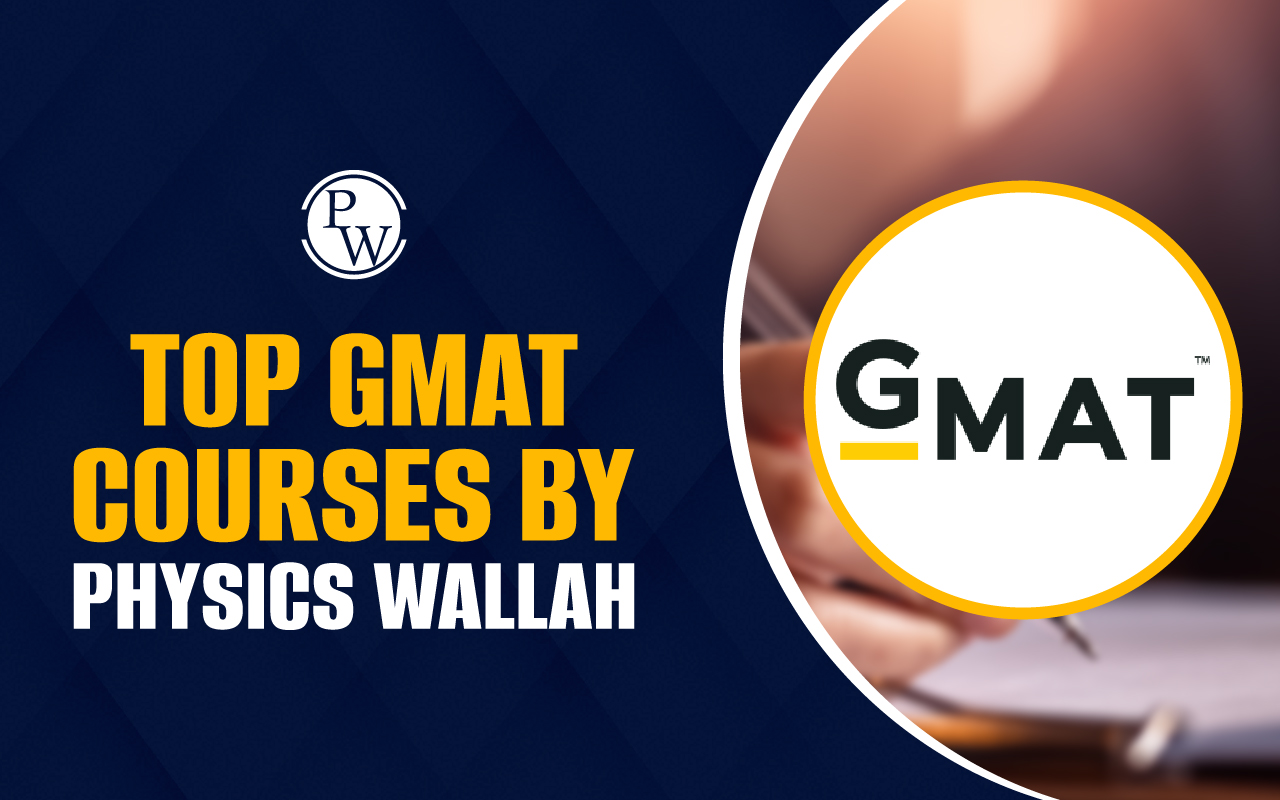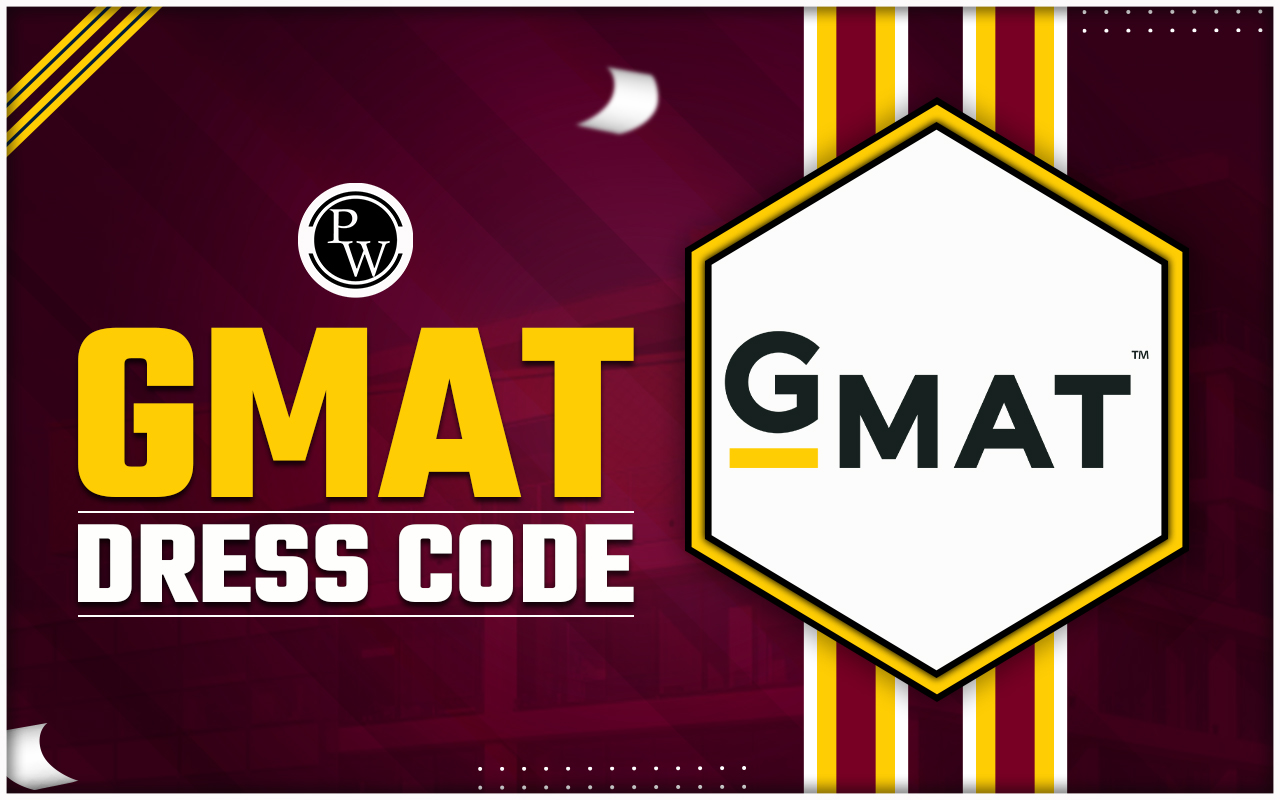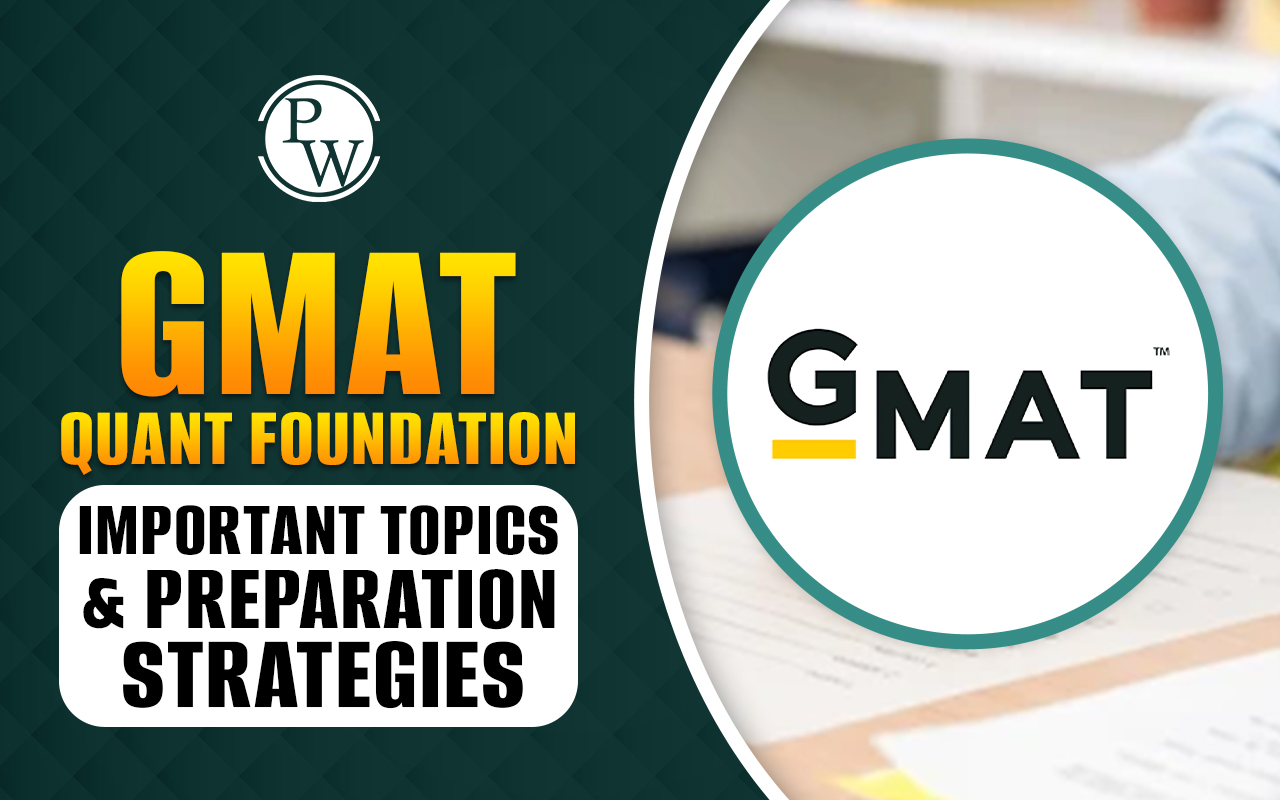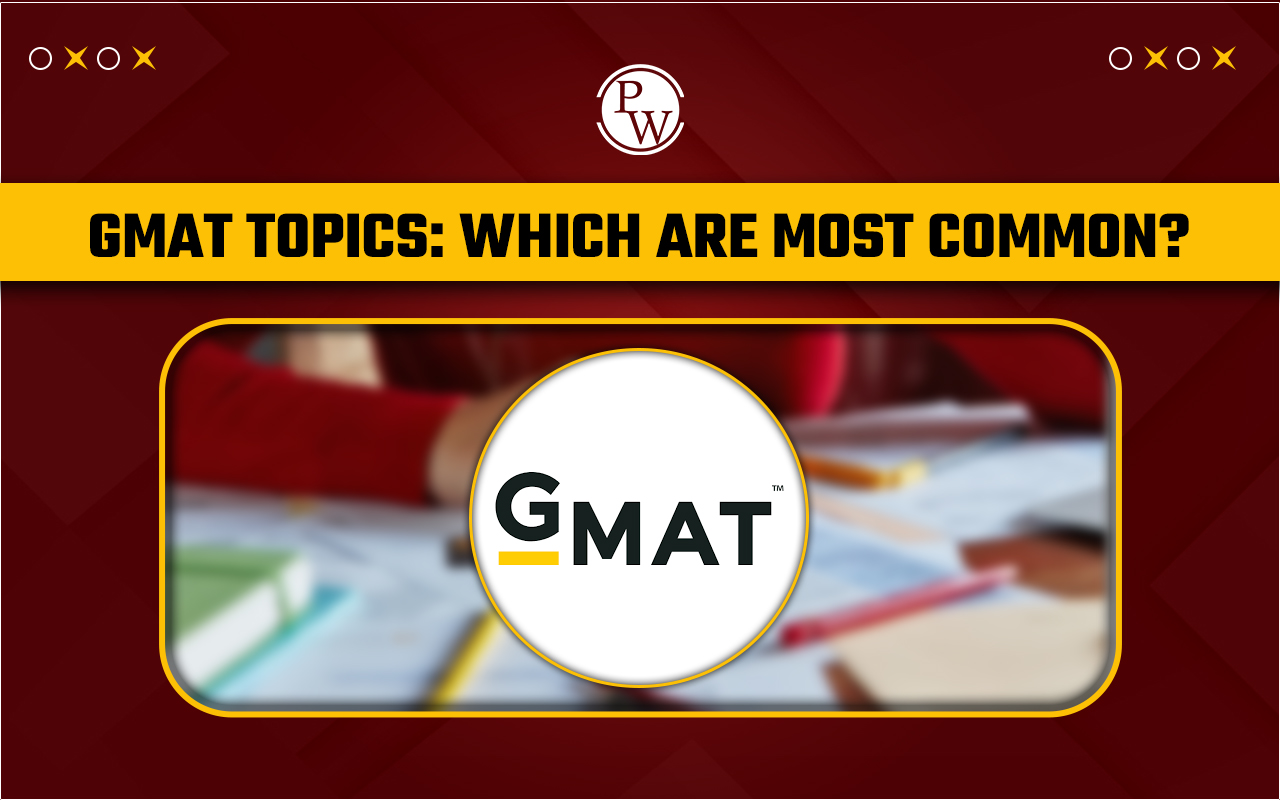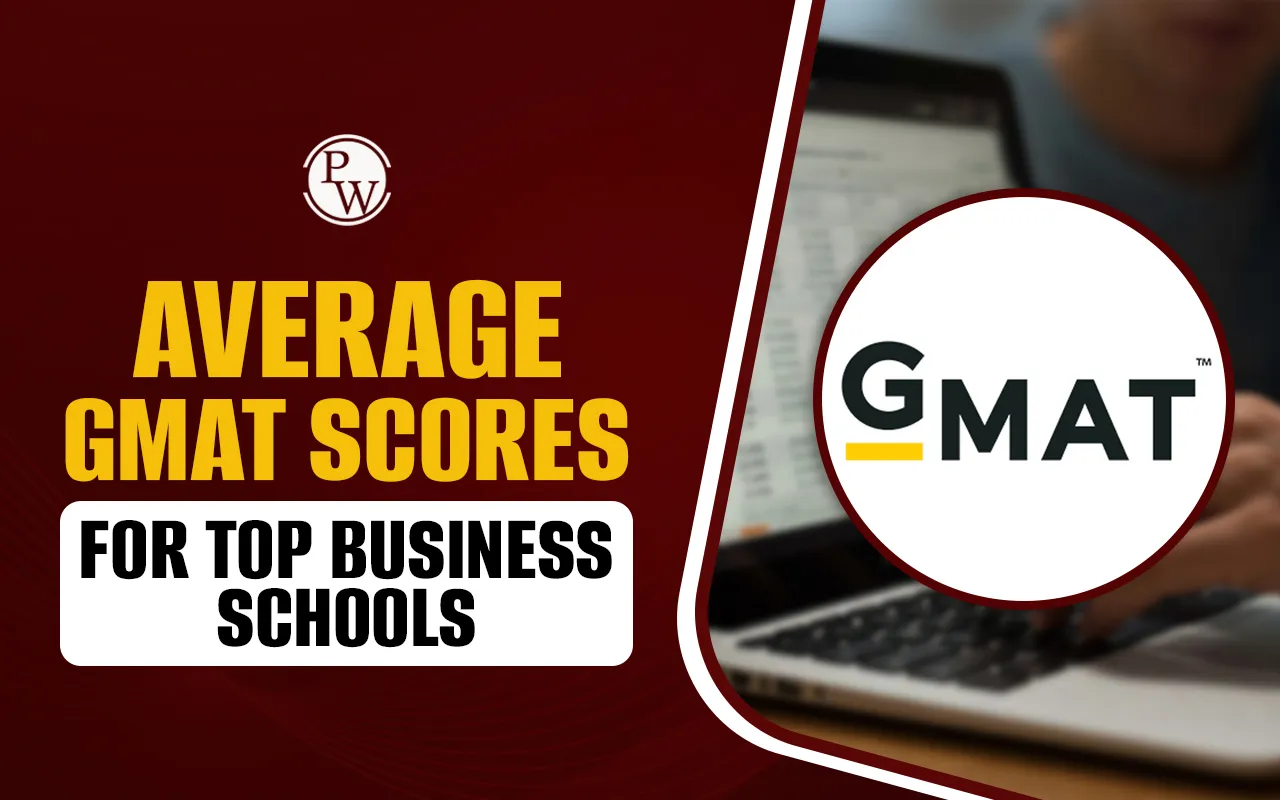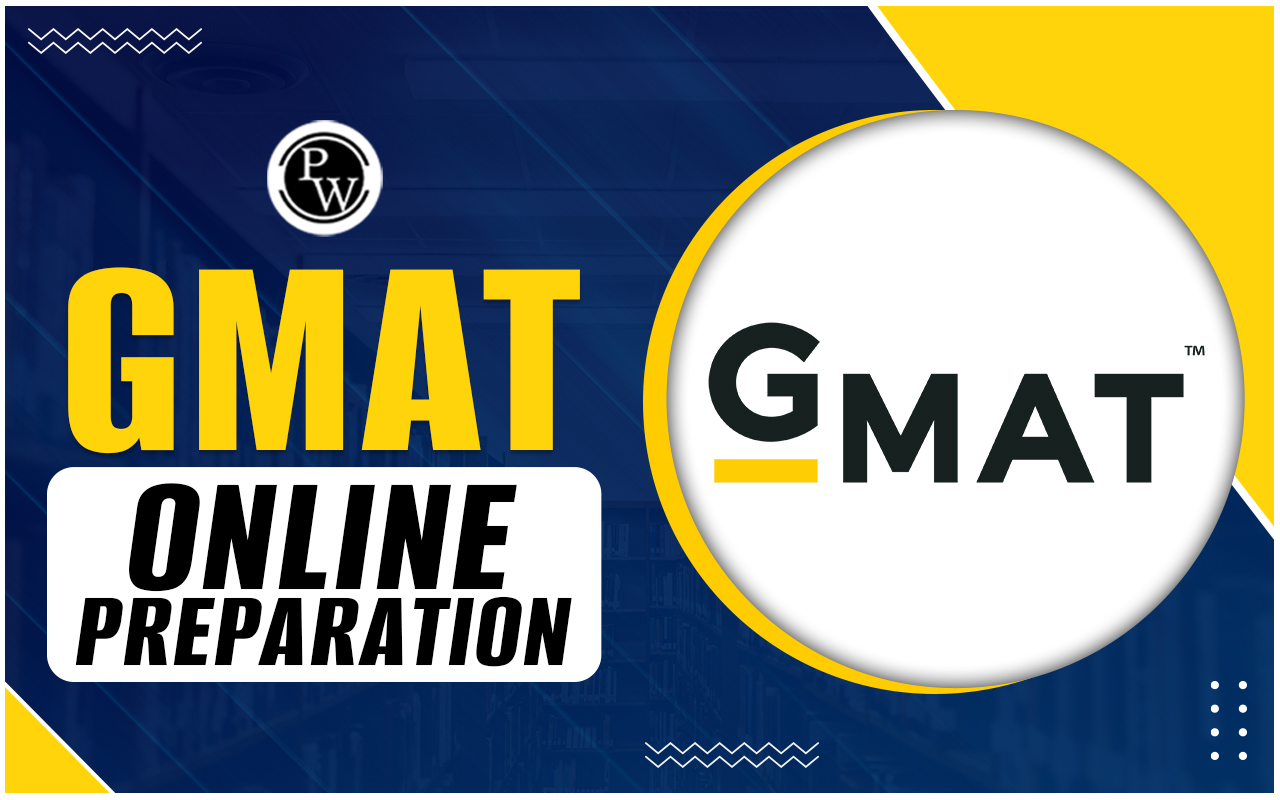
Best GMAT Reading Comprehension Strategies: The GMAT Reading Comprehension section is an important part of the Verbal section, making up about 60% of the questions. To do well in this section, it's important to use effective strategies. These include reading the passages carefully to understand the main idea and key details, identifying the author's purpose and viewpoint, and using transition words to follow the passage's logic.
Taking notes, summarizing paragraphs, and predicting what will come next can also help with understanding. Managing your time is crucial; it is recommended to spend 2-3 minutes reading the passage and 5-6 minutes answering the questions. Practicing regularly with official GMAT passages and questions is the best way to improve.Best GMAT Reading Comprehension Strategies
Reading Comprehension (RC) questions are a major part of the GMAT Verbal section, making up about 60% of the total questions. Doing well on these questions is key to getting a high overall GMAT score because they generally require more time and effort compared to other Verbal question types. Students, to excel at GMAT Reading Comprehension, it's important to develop a strategic approach that helps you efficiently read and understand the passages, and effectively answer the questions. Here are the best GMAT Reading Comprehension strategies to help you succeed:1. Understand the Passage Types
GMAT Reading Comprehension passages typically fall into three main categories: Business, Science, and History. Familiarizing yourself with the common characteristics of each type can help you better anticipate the content and structure of the passages.- Business Passages : These passages often discuss consumer behavior, corporate strategies, or economic theories. The language may include business jargon, so it's important to focus on understanding the main ideas rather than getting bogged down in unfamiliar terminology.
- Science Passages : Science-based passages may cover a wide range of topics, from biology and physics to technology and medicine. These passages tend to be more technical and require a good grasp of scientific concepts and terminology.
- History Passages : History passages typically explore past events, figures, or cultural developments. These passages often present multiple perspectives or interpretations of historical information.
2. Approach the Passage Strategically
When it comes to reading the passage, it's important to strike the right balance between speed and comprehension. Follow these steps to approach the passage effectively:- Read the Passage Carefully : Don't rush through the passage. Spend 2.5 to 3 minutes reading it thoroughly the first time to ensure you understand the main ideas and key details. Avoid the temptation to skim or re-read the passage multiple times, as this can lead to a loss of overall comprehension.
- Identify the Main Idea : As you read, focus on understanding the central theme or purpose of the passage. This will help you answer questions about the main idea or overall purpose of the text.
- Recognize Structural Cues : Pay attention to transition words, such as "however," "therefore," and "in contrast," as they can help you identify the relationships between different ideas in the passage.
- Summarize Mentally : As you read, try to summarize each paragraph and the overall passage in your own words. This will help you retain the key information and identify the main points.
- Take Notes (Optional) : Some students find it helpful to take brief notes while reading the passage, but this should be done judiciously to avoid spending too much time on this task.
3. Tackle the Questions Effectively
Once you've read the passage, it's time to tackle the accompanying questions. Here are some effective strategies for answering GMAT Reading Comprehension questions:-
Identify the Question Type
: GMAT Reading Comprehension questions can be broadly categorized into three main types: "According to the Passage," "Inference," and "Main Idea/Purpose." Recognizing the question type can help you determine the best approach to answering it.
- "According to the Passage" : These questions ask you to identify information that is directly stated in the passage. The correct answer will be supported by evidence from the text.
- Inference : These questions require you to draw logical conclusions based on the information provided in the passage. The correct answer will be a reasonable inference that is supported by the passage, but not explicitly stated.
- Main Idea/Purpose : These questions ask you to identify the central theme, purpose, or overall message of the passage. The correct answer will capture the main idea or purpose of the entire passage, not just a specific detail.
- Refer Back to the Passage : For all question types, it's crucial to constantly refer back to the passage to find evidence and support your answers. Avoid relying solely on your memory or trying to match keywords from the question to the passage.
- Eliminate Incorrect Answers : When selecting the correct answer, carefully review each option and eliminate those that are clearly incorrect or not supported by the passage. This process of elimination can help you identify the best answer.
- Beware of Extreme Language : Be cautious of answer choices that use absolute or exaggerated language, such as "all," "every," or "never." These tend to be incorrect, as passages often use more moderate language.
- Manage Your Time : GMAT Reading Comprehension questions can be time-consuming, so it's important to pace yourself. Spend about 2-3 minutes reading the passage and the remaining time answering the questions
4. Practice Hard
Consistent practice is key to improving your GMAT Reading Comprehension skills. Here are some tips to make the most of your practice:- Use High-Quality Practice Materials : Seek out GMAT practice questions and passages from reputable websites, such as the Official Guide for GMAT Review.
- Time Yourself : Get used to the pacing of the GMAT by timing yourself during practice sessions. This will help you develop a sense of how to allocate your time effectively.
- Analyze Your Mistakes : When you get a question wrong, carefully review the passage and the correct answer to understand where you went wrong. This will help you identify and address your weaknesses.
- Read Widely : Expand your reading comprehension skills by regularly reading high-quality publications, such as The Economist, The New York Times, or Scientific American. This will expose you to a variety of writing styles and subject matter, which can benefit your GMAT performance.
- Seek Feedback : Consider working with a tutor or joining a GMAT study group to get feedback on your reading comprehension strategies and performance. This can help you identify areas for improvement and refine your approach.
5. Develop a Pacing Strategy
Effective time management is crucial for the GMAT Verbal section, as you'll need to balance your time between the different question types. Here's a recommended pacing strategy for GMAT Reading Comprehension:- Short Passage (3 questions) : Spend about 6 minutes reading the passage and answering the questions.
- Long Passage (4 questions) : Spend about 8 minutes reading the passage and answering the questions.
6. Consider Note-Taking (Optional)
While not strictly necessary, some students find that taking brief notes during the reading of the passage can be helpful for retaining key information and referring back to it during the question-answering process.- However, it's important to be mindful of the time spent on note-taking, as it should not significantly disrupt your overall pacing.
- If you choose to take notes, focus on capturing the main ideas, key details, and any important relationships or transitions between ideas in the passage. Avoid getting bogged down in excessive note-taking, as this can detract from your overall comprehension.
Best GMAT Reading Comprehension Strategies FAQs
What are the key strategies for GMAT Reading Comprehension?
Key strategies include reading passages carefully to understand main ideas and details, identifying the author's purpose, using transition words, taking notes selectively, predicting content, and managing time effectively.
How should I approach GMAT Reading Comprehension passages?
Approach passages by reading carefully (2.5-3 minutes), identifying the main idea, noting transition words, summarizing mentally, and optionally taking brief notes.
How can I effectively tackle GMAT Reading Comprehension questions?
Identify question types (e.g., According to the Passage, Inference, Main Idea), refer back to the passage for answers, eliminate incorrect choices, and manage time (2-3 minutes for reading, rest for answering).
What's the best way to practice GMAT Reading Comprehension?
Practice with official GMAT materials, time yourself, analyze mistakes to understand weaknesses, read widely to enhance skills, and seek feedback from tutors or study groups.
Should I use note-taking during GMAT Reading Comprehension?
Note-taking is optional; if used, focus on main ideas and relationships without slowing down too much. It can aid in retaining information and referencing details during question answering.
🔥 Trending Blogs
Talk to a counsellorHave doubts? Our support team will be happy to assist you!

Check out these Related Articles
Free Learning Resources
PW Books
Notes (Class 10-12)
PW Study Materials
Notes (Class 6-9)
Ncert Solutions
Govt Exams
Class 6th to 12th Online Courses
Govt Job Exams Courses
UPSC Coaching
Defence Exam Coaching
Gate Exam Coaching
Other Exams
Know about Physics Wallah
Physics Wallah is an Indian edtech platform that provides accessible & comprehensive learning experiences to students from Class 6th to postgraduate level. We also provide extensive NCERT solutions, sample paper, NEET, JEE Mains, BITSAT previous year papers & more such resources to students. Physics Wallah also caters to over 3.5 million registered students and over 78 lakh+ Youtube subscribers with 4.8 rating on its app.
We Stand Out because
We provide students with intensive courses with India’s qualified & experienced faculties & mentors. PW strives to make the learning experience comprehensive and accessible for students of all sections of society. We believe in empowering every single student who couldn't dream of a good career in engineering and medical field earlier.
Our Key Focus Areas
Physics Wallah's main focus is to make the learning experience as economical as possible for all students. With our affordable courses like Lakshya, Udaan and Arjuna and many others, we have been able to provide a platform for lakhs of aspirants. From providing Chemistry, Maths, Physics formula to giving e-books of eminent authors like RD Sharma, RS Aggarwal and Lakhmir Singh, PW focuses on every single student's need for preparation.
What Makes Us Different
Physics Wallah strives to develop a comprehensive pedagogical structure for students, where they get a state-of-the-art learning experience with study material and resources. Apart from catering students preparing for JEE Mains and NEET, PW also provides study material for each state board like Uttar Pradesh, Bihar, and others
Copyright © 2025 Physicswallah Limited All rights reserved.
